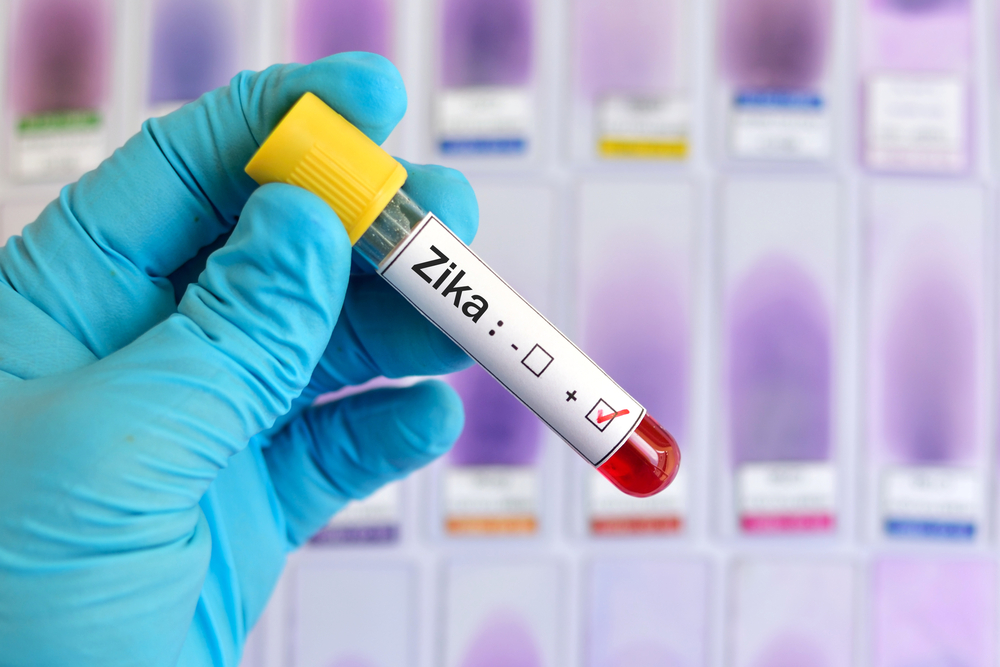
Antibodies taken from patients infected with dengue fever are effective in treating Zika virus infection in rodents, according to a recent study conducted by researchers from Imperial College London and the Washington University in St. Louis.
Found in multiple regions throughout the world, Dengue is most commonly spread through the bite of Aedes aegypti-species mosquitoes. The virus, of which there are four types, can lead to serious complications including but not limited to dengue hemorrhagic fever and death.
Similarly, Zika is found in many of the same regions and is most commonly spread through the bite of the same species of mosquito and sexual contact. Symptoms of infection include fever, rash, joint pain and muscle soreness. More seriously, Zika has been linked to microcephaly of the fetus in pregnant women and Guillain Barré syndrome.
The study was based on previous research conducted by the group in southeast Asia where they discovered that antibodies produced by patients infected with dengue fever were highly effective at treating the dengue virus. According to the previous study, the Y-shaped proteins recognize the virus, stick to its surface, and single out the virus for destruction by the body’s immune cells.
In 2016, the group found that the same class of antibodies also recognized Zika due, in part, to the fact that both diseases are part of the flaviviridae family of viruses.
For the study, animals infected with Zika virus were treated with antibodies within the first five days of infection and were subsequently monitored for 21 days. The researchers found that the antibody treatments reduced deaths and weight loss in rodents compared to the control group. Additionally, tests in pregnant mice infected with Zika reduced the deaths of unborn mice to one in ten, compared to a 90 percent loss in the infected control group.
Further testing of the antibody-treated mice revealed that the amount of virus found in the brain and testes, known to be common areas for the virus to target, were drastically reduced compared to the control group.
“This paper shows for the first time that antibodies we had previously found to be effective against Dengue potently protect against Zika virus in mice and can treat the early stages of infection,” Gavin Screaton, senior author of the study, said.
Earlier study results found that those previously infected with dengue faced a risk of a more severe reaction to being infected with Zika through a phenomenon known as antibody-dependent enhancement (ADE), which uses the body’s own immune cells as a trojan horse.
However, the most recent study focused on a subgroup of immune proteins known as anti-EDE1 antibodies, which were found to overcome the “trojan horse” effect without the antibodies losing their effectiveness to destroy the Zika virus.
According to the researchers, the next step in their study will be to develop a vaccine based on the target of the antibodies.
“The threat from Zika is clearly not as great as it was, but nobody knows when it’s going to come back,” Screaton said. “It might be a number of years between now and the emergence of another big epidemic.”




